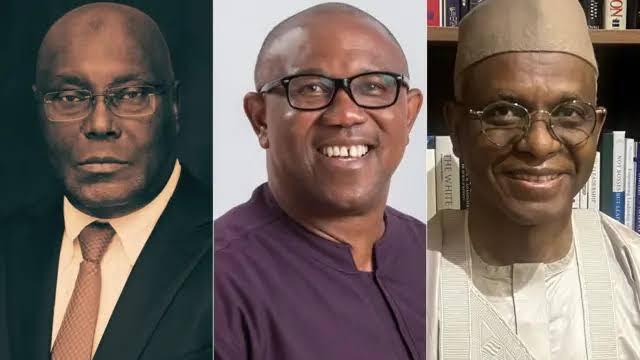(3 Minutes Read)
Nigeria’s political arena is witnessing heightened activity as a newly formed coalition under the banner of the African Democratic Congress (ADC) begins to make waves in anticipation of the 2027 general elections. This emerging alliance, spearheaded by a group of experienced and influential political figures, is being positioned as a formidable contender to the dominant political forces that have long shaped the country’s governance.
Proponents of the coalition describe it as a significant step toward a more inclusive and participatory political system. They argue that the alliance has the potential to introduce new ideas, empower marginalised voices, and break away from the entrenched political practices that have characterised Nigeria’s democracy in recent years. To these supporters, the movement represents a much-needed breath of fresh air in a system often criticised for recycling the same political elites.
However, scepticism remains high among critics and certain segments of the public. Many question whether the coalition is truly committed to transformative change or simply a rebranding of existing political interests under a new name. Concerns have also been raised about the alliance’s internal cohesion, long-term viability, and ability to stand firm against the influence of established political powers.
Read Also;
https://trendsnafrica.com/nigerias-2027-presidential-election-peter-obi-to-contest/
Meanwhile, as the country approaches another election cycle, calls for greater electoral integrity and institutional accountability are growing louder. Nigerian citizens are demanding transparent leadership and credible democratic processes. In this climate of heightened political awareness and public scrutiny, the ADC-led alliance faces the critical task of proving that it is more than a cosmetic change—that it can genuinely address the deep-rooted challenges within Nigeria’s political system.





